What Is a Chesterton Academy? (Part 2)
Our last post looked at the Chesterton Schools Network and its namesake, G.K. Chesterton. Today, we begin to explore the uniquely classical and thoroughly Catholic education that a Chesterton Academy provides.
Curriculum Overview
Our classical curriculum provides a liberal arts education with an emphasis on the search for Truth, Beauty, and Goodness. With History as the backbone of our integrative programs, students joyfully explore the Incarnation as the central mystery of humanity during their four years at our Academy. In doing so, they develop knowledge and skills such as critical reasoning through logic and philosophy that they will use throughout the rest of their lives.
The Socratic seminar, perhaps the oldest educational tool, is the method of choice when guiding students in their coursework. Through this method, a teacher imparts knowledge through directed questions and guided dialogue, bringing ideas and knowledge to life. Let’s take a look at our programs.
The Humanities Program
The Humanities Program integrates History, Literature, Philosophy, Theology, and Foreign Languages using the Socratic Method. History provides a colorful backdrop for literature, art, and the sciences. Students begin History with ancient Greek and Roman civilizations. In the tenth and eleventh grades they move on to early Church history, the Middle Ages, the Renaissance, and the Reformation and Counter-reformation. In their senior year they study the modern era through the lens of the Catholic Faith.
Our Literature classes are closely tied with History, as well as the rest of humanities. Students begin with the classics of Homer, then on to English classics, such as The Canterbury Tales. During their studies of the modern era, they read Dante, Shakespeare, Dostoevsky, and of course, Chesterton. Reading and writing go hand in hand, and each student masters the art of the essay in their writing assignments in all subjects.
In Philosophy our students study connections, not only in humanities, but in mathematics and logic as well. Students develop a systematic way of thinking to understand abstract concepts. They also learn the roots of philosophy by Plato and Aristotle, its movement with the early Church, its utilization by St. Thomas Aquinas, and its deterioration in modern day. For Foreign Language study, all students are required to take two years of Latin and may choose a language for their third and fourth years.
Theology, “the study of God,” is the context by which all other texts are studied. The primary texts studied in Theology are the Bible and Catechism of the Catholic Church, supplemented by Documents of the Church Councils, Papal Encyclicals, and other selections from the Church Fathers.
An overview of of the full curriculum and the topics and texts covered each year can be found here:
Chesterton Academy Curriculum Overview
In future posts, we will describe the Math, Science, and Fine Arts portions of the Chesterton Academy curriculum. We also will share insights from our founding team on the great importance of this type of education for the young people of today and the future of the Church.












